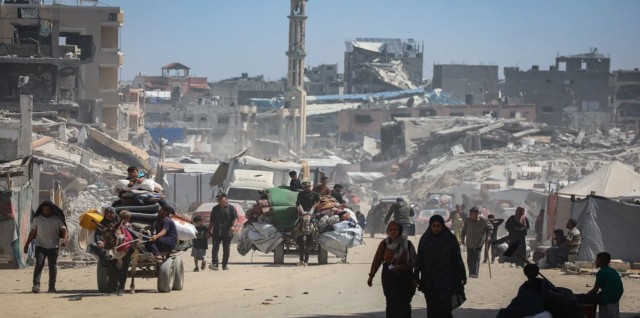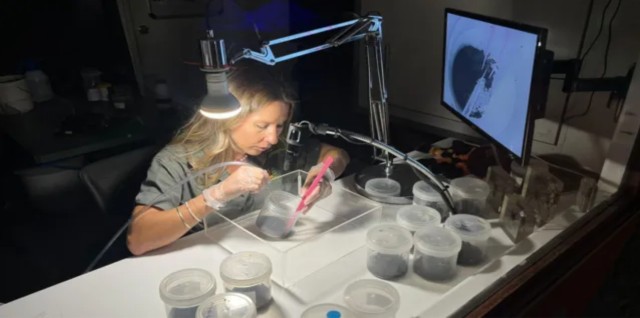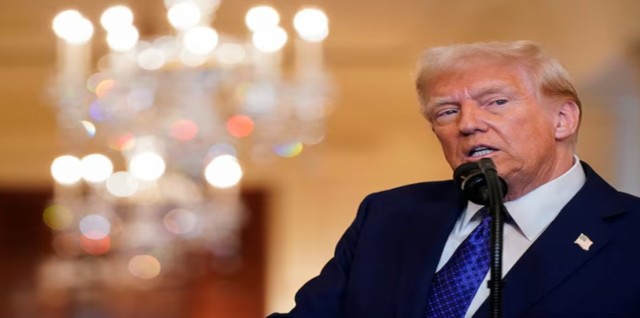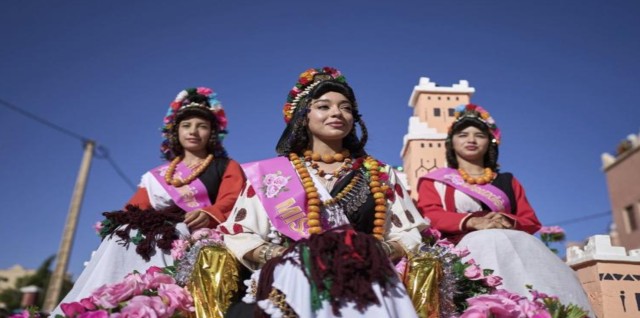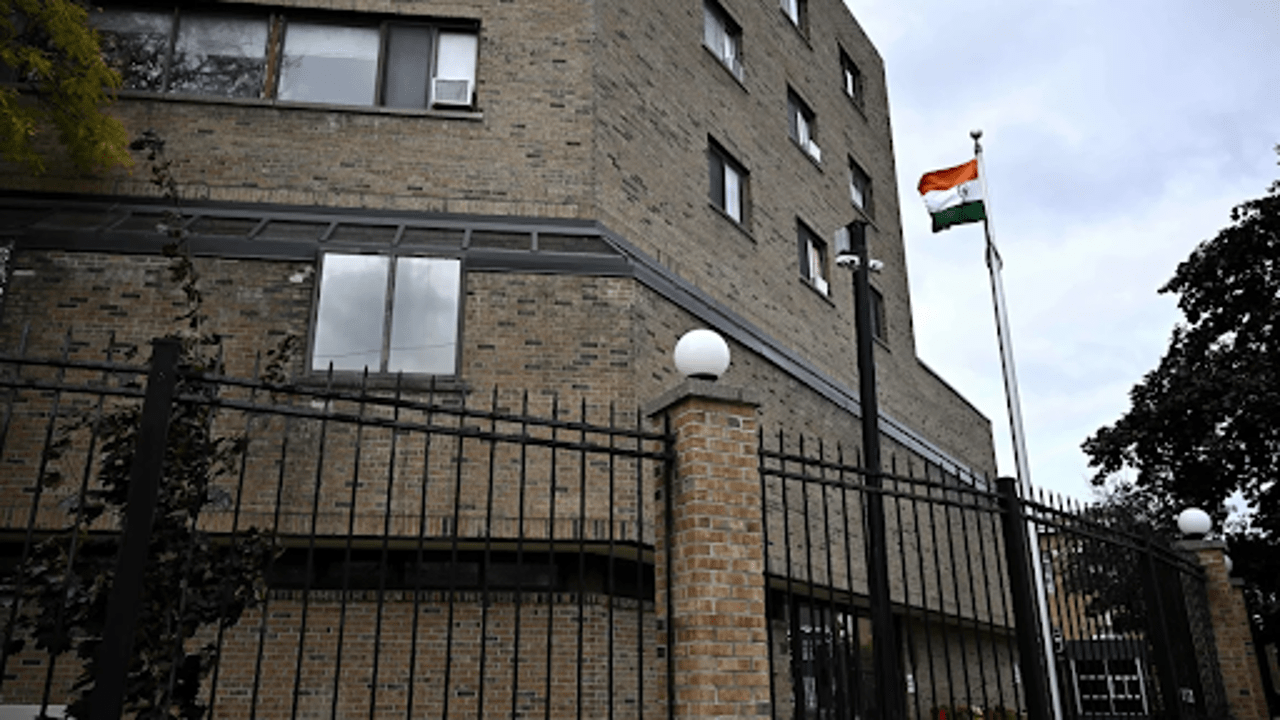
The Indian High Commission in Canada in Ottawa, Ontario, on October 14, 2024. The Canadian Press
Canada has taken a significant diplomatic step by expelling six Indian diplomats, including the high commissioner, due to serious allegations against Indian government agents. These accusations involve involvement in homicides, harassment, and violent acts against Sikh separatists within Canada. The decision, announced by Canada’s Minister of Foreign Affairs, Mélanie Joly, comes after Canadian police presented solid evidence identifying these diplomats as persons of interest in the investigation of the assassination of Hardeep Singh Nijjar, a prominent Sikh separatist leader.
The tension between Canada and India has escalated sharply following this move. India quickly retaliated by expelling six Canadian diplomats, including Stewart Ross Wheeler, the acting High Commissioner in India. This back-and-forth has intensified a diplomatic crisis that began last year when Prime Minister Justin Trudeau claimed that there was credible information linking the Indian government to Nijjar's assassination on Canadian soil.
During a press conference, Trudeau made a strong statement against the Indian government, accusing it of making a "fundamental error" by thinking it could carry out criminal activities in Canada, including murders and extortion. He emphasized the unacceptability of such actions for any country that values the rule of law. Trudeau explained that the Royal Canadian Mounted Police (RCMP) had to act to stop the pattern of Indian diplomats allegedly collecting information on Canadian citizens through questionable means, which was then passed to criminal organizations for violent purposes.
In response to the allegations, the Indian government dismissed them as "preposterous." It claimed that Canada is attempting to smear India's reputation for political gain and labeled the accusations against High Commissioner Sanjay Kumar Verma as ludicrous.
The RCMP took the unusual step of publicly disclosing investigations into these allegations. Commissioner Mike Duheme explained that the decision was made due to a significant threat to public safety, following unsuccessful attempts to address these issues with the Indian government. He reported over a dozen credible threats against members of the South Asian community linked to the pro-Khalistan movement, which advocates for a separate Sikh homeland.
Duheme provided details about how Indian diplomats in Canada allegedly engaged in covert activities, such as collecting intelligence on Canadian citizens, which was then used to target members of the South Asian community. This has raised serious concerns about violent extremism and the involvement of Indian government agents in criminal activities in Canada.
Earlier this year, several Indian nationals were charged with the murder of Nijjar, who was gunned down outside a Sikh temple in British Columbia. He had been advocating for Khalistan, which includes parts of India’s Punjab state. Trudeau's claims last September that the Indian government was involved in Nijjar's killing sparked outrage in India, leading to the current diplomatic fallout and mutual expulsion of diplomats.
While India maintains that Canada has not provided any evidence to support the accusations, Canadian officials assert they have presented evidence directly to Indian officials. They continue to seek cooperation from the Indian government to further the investigation into Nijjar's assassination, emphasizing the importance of getting to the truth for both countries' interests.
The tensions highlight the complicated relationship between Canada and India, especially regarding the Sikh separatist movement. The situation is further complicated by recent U.S. allegations against an Indian official related to another Sikh separatist's assassination plot on American soil. Canadian Foreign Minister Joly reiterated that the circumstances of Nijjar's murder, particularly the involvement of sitting diplomats, necessitated Canada's decisive actions.


